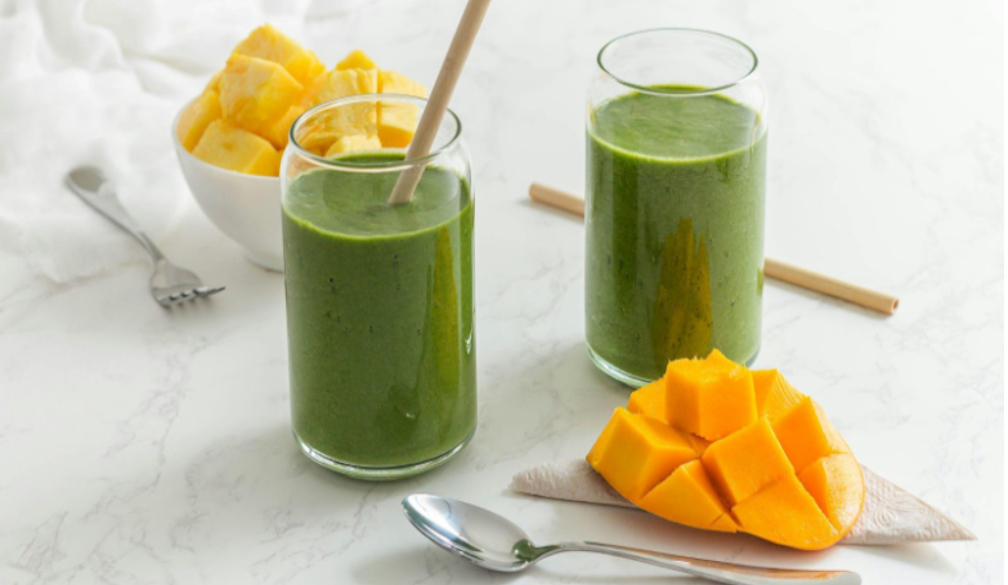Millennial men overtake older Australians in seeking hair loss treatments

Six in ten Australian men who are seeking treatment for hair loss are under the age of 35 - and most are doing it in secret.
New data from men’s online health platform Mosh reveals younger men, particularly Millennials and Gen Z, are far more likely to seek help for hair loss than generations before them ever were - just not in person. They’re choosing discreet online treatment platforms because they’re too embarrassed to talk about it face-to-face.
Mosh Dermatologist Dr Francis Lai says the spike in younger men seeking help reflects a cultural shift.
“Millenial men are more image-conscious and more comfortable accessing healthcare online. Hair loss is no longer something they’re willing to ignore, but it’s still something they don’t want to talk about out loud.”
According to Dr Lai, the causes of hair loss in younger men are often surprising.
“Whilst genetics play a role, there are clearly environmental factors of the modern world at play as well. This is reflected in earlier onset of male pattern hair loss, and emergence of male pattern hair loss in ethnicities that previously were not afflicted," he said.
The good news is hair loss doesn't have to be permanent.
“With the treatments available, it is always possible to thicken and increase the density of existing hair but once an area has lost all of its hair, it becomes difficult to grow back,” Dr Lai added.
“It’s good to get onto the problem early because oral medication and topical treatments to stop hair loss and grow hair back can be taken indefinitely.”
“With early intervention, especially when there’s still hair left to regrow, we can achieve great results,” said Dr Lai. “Some men might choose a hair transplant later, but for many that's not necessary.”
Unlike older generations who either suffered in silence or turned to expensive, outdated clinics, today’s men have access to affordable, medically-backed treatments online, with doctor support available from home.
“We’re seeing a generational rejection of the ‘just go bald and deal with it’ mentality,” said Dr Lai. “These men want results and now we’re getting them on their terms.”
About Mosh
Mosh is an online health platform designed to support men to put their own health and wellbeing first, by connecting them with certified doctors and practitioners through the convenience of online appointments.







